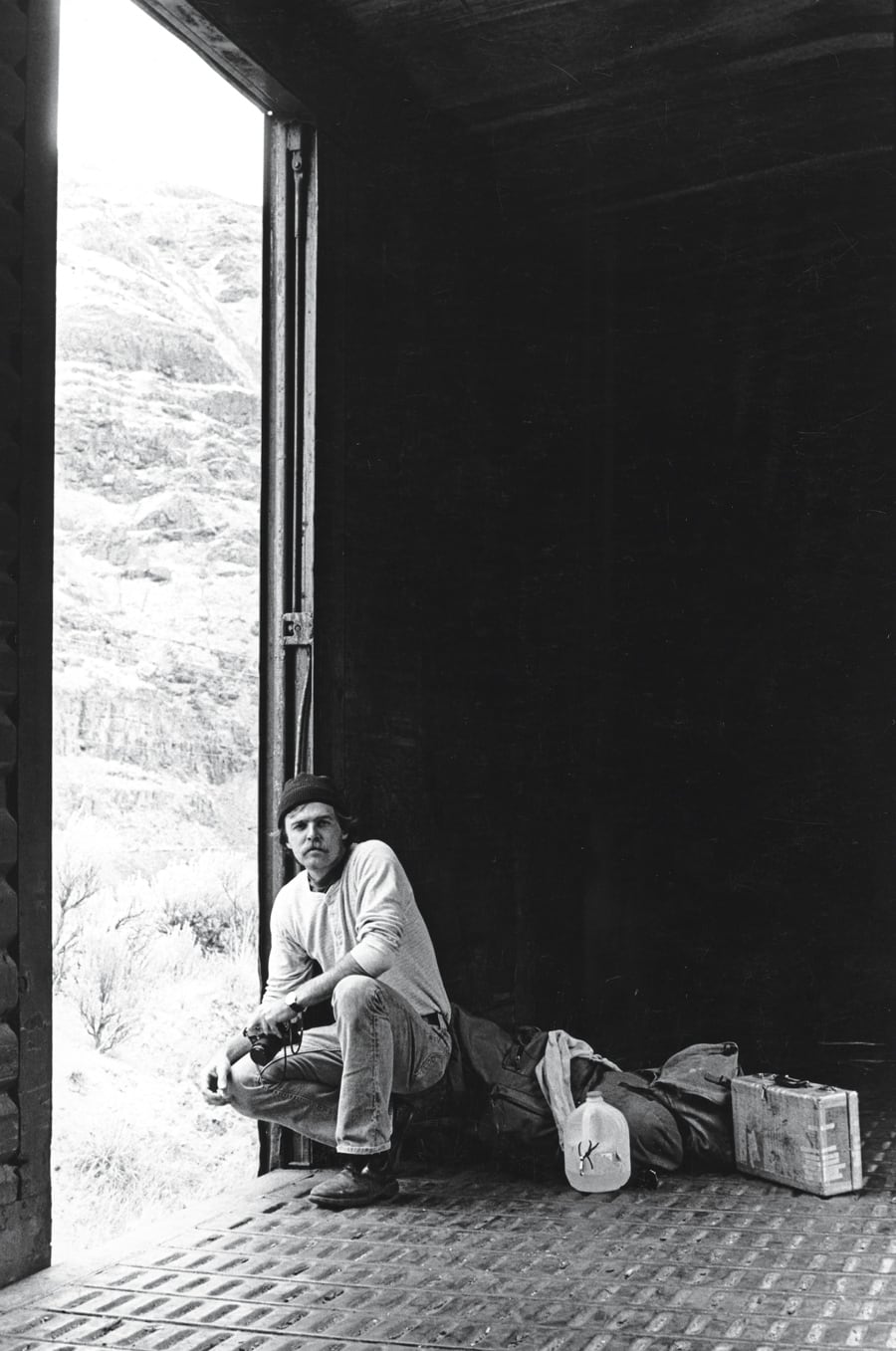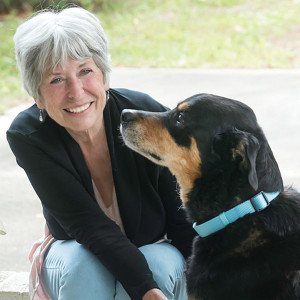I have a friend who used to ride the rails. It was back in the 1970s. And he was photo-documenting the lives of railroad tramps — a culture and lifestyle that was fast disappearing, even then.
His photographs are haunting and harsh and starkly real in unflinching black and white. They tell stories of deprivation and pride; stories of living on edges and in shadows; of the addiction to it all, the blatant freedom and mindset of it; the habitual moving and leaving and never arriving, never staying.
The work is brilliant. The photographs are utterly compelling. But what captures my mind and imagination the most are the words he uses to describe the experience — not the least of which is in the cultural dialogue of the tramps themselves.
The words are written from memory as well as from scraps of paper, jotted down hastily at the time. They’re about “catching out” and gathering in jungles, eating from tin cans with bent spoons, and collecting fresh water in plastic jugs and drinking it from small rusted cups. They recount migrant work in orchards just to pay for supplies to return to the ride. They describe men losing their limbs and lives to the rails, along with their pasts and futures.
With his stories, he remembers not being able to sleep for the deafening noise and the jarring brutality of a moving boxcar, and about walking mile after mile on swollen, blistered feet in ill fitting shoes in between rides. He writes about the solitude, and always having to watch his back. But he also remembers moments of small kindnesses and friendships, shared wisdom and disarming insight. And he writes about sending rolls and rolls of film back home to someone who was willing to wait for him. How he had to burn his clothes from the filth and stench at the end of a ride. And he talks about knowing when it was time to stop.
Because of his words, I feel as if I have traveled there, too — ridden the rails in his shadow.
In that singular way, it reminds me a great deal of reading the work of Richard Halliburton, a young, handsome, picaresque-style adventurer, known as a “travel writer,” back in the 1920s and 30s. Halliburton’s travels were recounted most effectively through his words rather than any photographs. His “travel writing” was very unlike today’s standards — nothing about what to do and see and where to stay or when to travel and how to do it. His words virtually transported you there with him — in a time when world travel was rare and rough (they called it “bumming”) or for the wealthy only. His accounts were vividly experiential.
With Halliburton, I’ve scaled mountains in dead cold winter, waited out a thunderstorm on the top of Mount Olympus, and swum the length of the Panama Canal (paying a 36 cent toll at the end). I’ve chanted with monks in forbidden places of Tibet, and I’ve flown across the crusts of the Sahara in a biplane. I’ve run on foot the last vestiges of the original course between the towns of Marathon and Athens to pronounce “victory” — in the footsteps of Pheidippides (this time, however, with a stray dog tagging along, a great deal of wine, and the last bit completed in a taxi). I hid in the tower of the Taj Mahal at midnight and whistled as the guards slept, just to hear the magic of the echoes. I swam naked in alabaster pools surrounded by moonlight and “marble poetry,” owls and crickets, sweet scented honeysuckle, and the misty outlines of ghosts.
Writers like these have taken me places and given me experiences that I would never have chanced on my own. Nor would any amount of visual images have been able to relate them to me in quite the same way. Because with their words I can touch what they touch, sense the heat and cold. I can taste the foods and the rusty water and sweet wines, sample the very air on my tongue. I can know the essence and thrill of a place in the pit of my stomach, and revel in the richness of its colors, feel the ache in my legs, watch the stars fall. And I can know it in any time, in any place, in any realm of reality.
“I felt myself transported to some previous existence that knew neither time nor space nor substance,” Halliburton once wrote. Perhaps now, nearly a hundred years later, in our current global reality, that is more important, more poignant, more significant than ever.

Photographer Dale Wickum, ca 1975, followingthetracks.com, copyrighted and used with permission.
© Marti Healy 2020
























